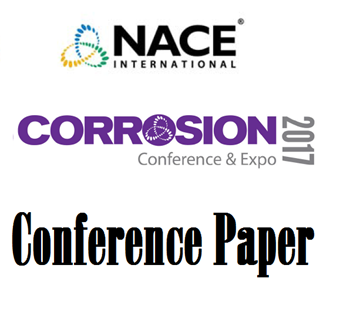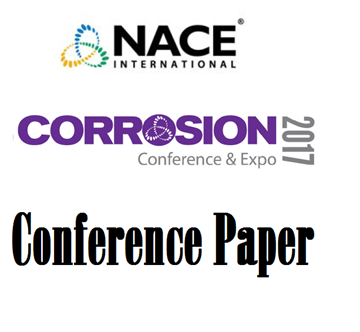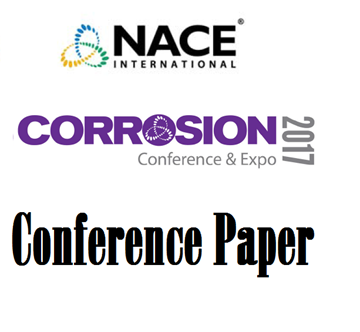Search
Sulfide Stress Cracking Fracture Toughness of 125 ksi Grade in Mild Sour Service Conditions
Also Purchased
Study of High Strength Low Alloy Steel OCTG with High Carbon Contents for Mildly Sour Service
Product Number:
51317--9051-SG
ISBN:
9051 2017 CP
Publication Date:
2017
$20.00
Surface Treatment to Improve Corrosion Resistance of Pure Titanium
Product Number:
51317--9358-SG
ISBN:
9358 2017 CP
Publication Date:
2017
$20.00
Susceptibility of Plasma Nitrided 17-4 PH to Sulphide Stress Cracking in H2S-Containing Environments
Product Number:
51317--9342-SG
ISBN:
9342 2017 CP
Publication Date:
2017
$20.00




